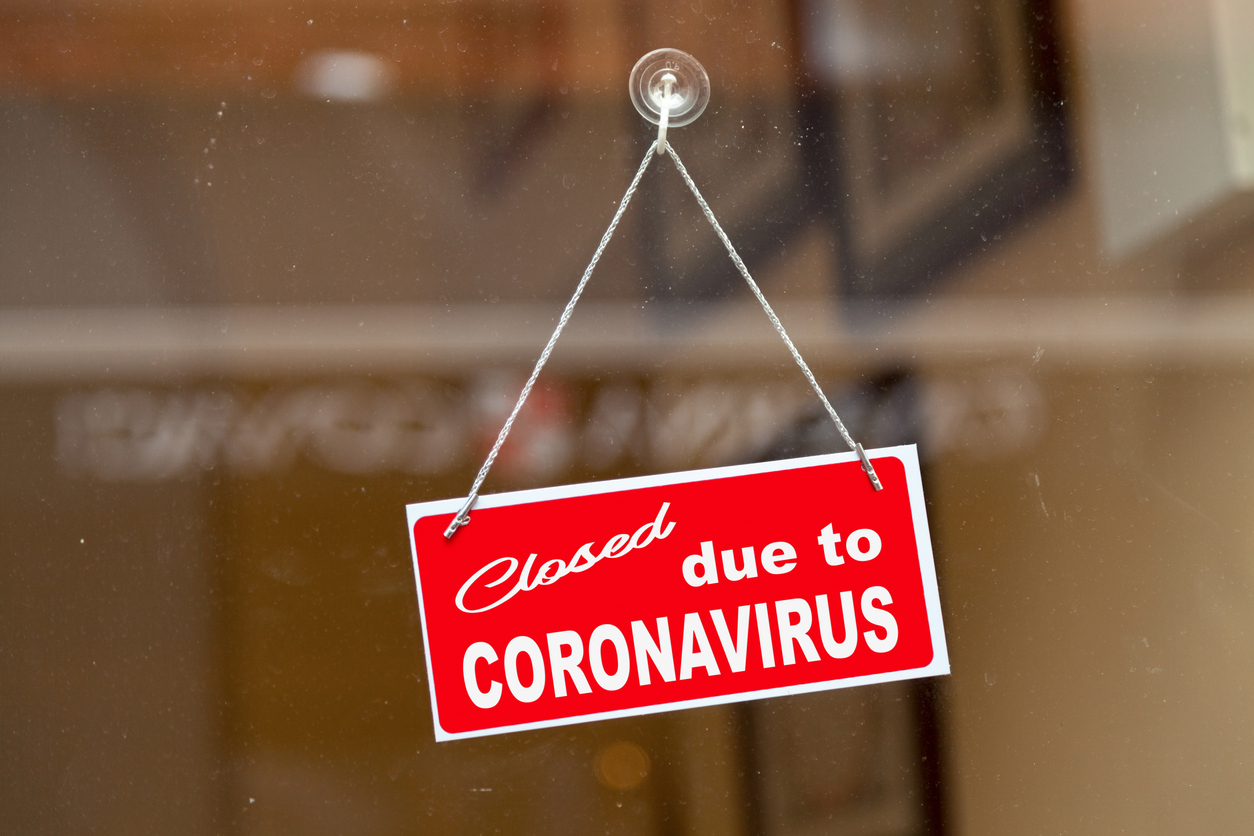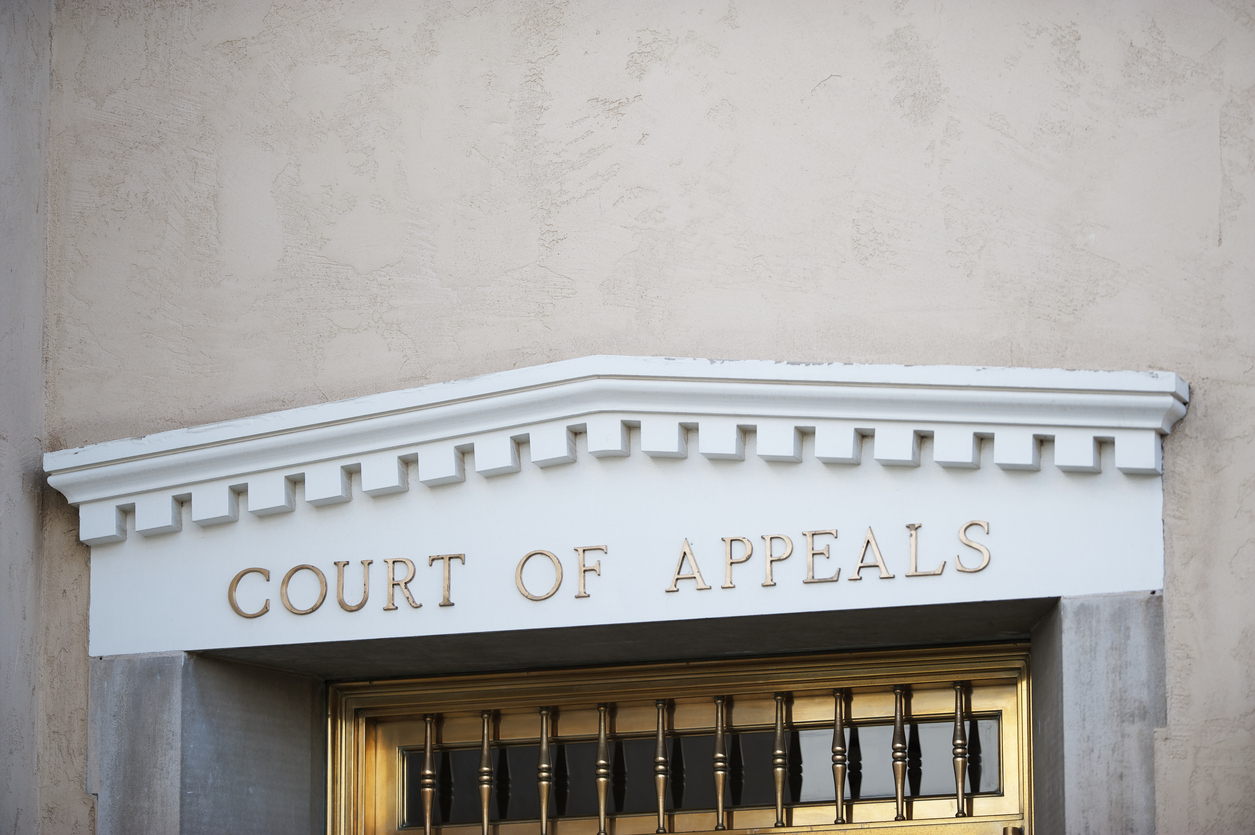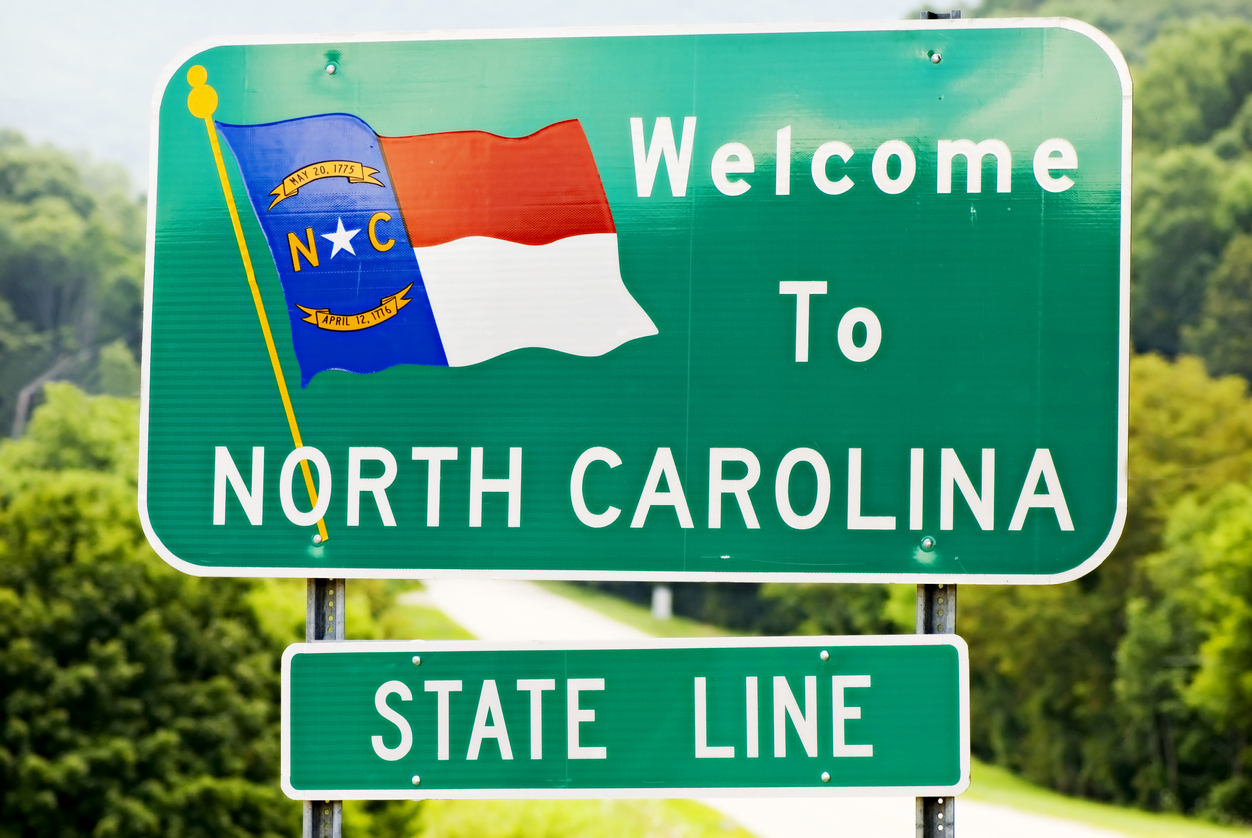A policyholder who is asked to submit to an examination under oath (EUO) usually does not know exactly what an examination under oath entails. The lack of rules that govern examinations under oath, coupled with an insured’s unfamiliarity with the process, allows insurance lawyers to turn an information gathering session into a heated interrogation. This is especially true when the EUO lasts all day and the topics discussed do not seem to correlate in any way to the loss the insured suffered.
The EUO is a long standing policy provision. In North Carolina, they are permitted by North Carolina Statute § 58-44-16, but when an insurance company pushes the limits propriety under the standard, the policyholder suffers.
Here are two important rulings in North Carolina that arise from litigation over examination under oath provisions:
- Insurance companies must demand an EUO.1 The insurance company’s letter must actually demand the examination under oath and give the insured a time, date, and location. Case law does not require insurance companies to inform policyholders their lawyers conduct EUOs. Nor does case law require insurers advise insureds they have the right to be represented by their own attorneys at EUOs.
- North Carolina law does not have a good-cause exception for not sitting for the EUO.2 In Fineberg v. State Farm, the insured had already given a statement to State Farm during the claim investigation, provided a sworn proof of loss, survived five heart attacks, and never received State Farm’s letters demanding an examination under oath. But this did not persuade the court. Even though the insured offered to answer written questions (because of his health conditions), the court held he violated the examination statute and policy provision, and dismissed his case.
A policyholder’s best response to an examination under oath is to hire qualified counsel with experience handling examinations under oath and first-party property claims. Other North Carolina lawyers write about EUOs, but many represent insurance companies, not policyholders.
1 Huggins v. Hartford Ins. Co., 650 F. Supp. 38 (E.D. N.C. 1986).
2 Fineberg v. State Farm Ins. Co., 113 N.C. App 545 (1994).



